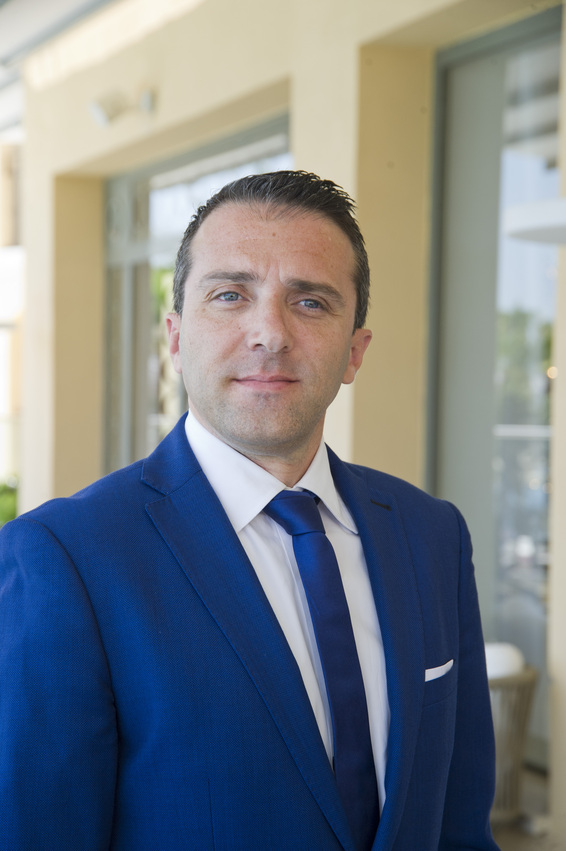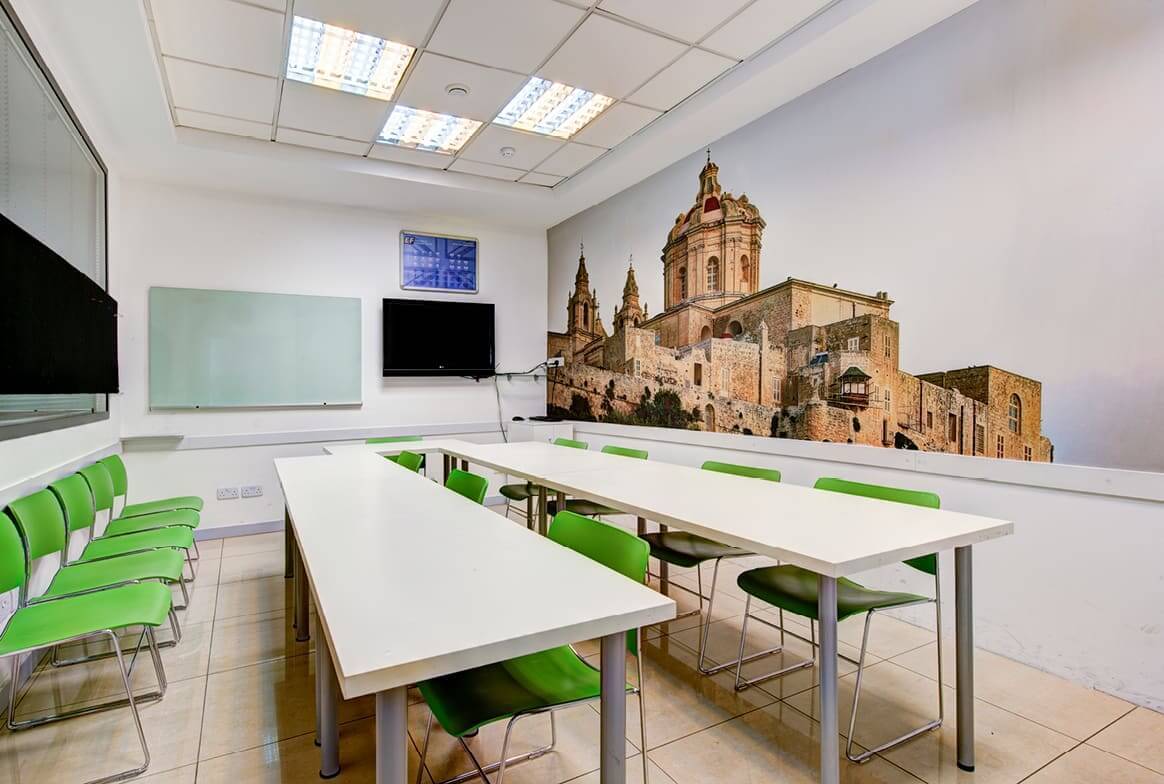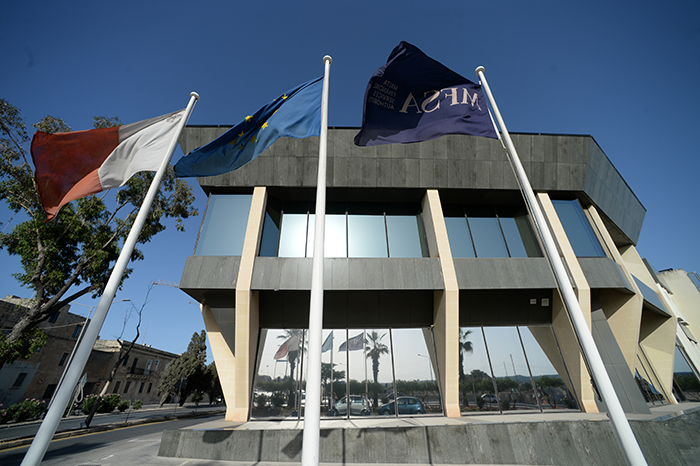With just over a handful of weeks until it’s summer again, English as a foreign language (EFL) schools are usually anxiously waiting for waves of students coming to spend a few weeks in Malta to attend lessons and enjoy the country’s lifestyle during the busiest time of the year.
However, following a challenging period brought on by the COVID-19 pandemic which risked decimating the industry and leaving thousands jobless, this newsroom caught up with a number of stakeholders to get a pulse on the state of the EFL industry.
So, how’s summer 2023 looking? “Very strong,” was the consistent response.

Schools have to prepare many months in advance for the buzzing summer season. While schools receive generally older students year-round coming to the country for long-term learning, summer’s when activity really peaks, with students of all ages coming not just to learn but also for a vacation.
This means schools need to not only have teachers on hand, but also have an events team, take care of catering, tours and much more.
“Back in October, it was quite bleak. Many operators, including hoteliers, thought it was going to be touch and go. It was either going to be a disaster or a success,” said Roger Bugeja, executive director of EF Malta.
“If you try now, everywhere is full-up.”
“Everything is taken. From booking a DJ for an event, or securing accommodation or anything major, everything is booked now,” added Mr Bugeja.
Caroline Tissot, CEO of the Federation of English Language Teaching Organisations Malta (FELTOM), said, “Traditionally, our industry sees an increase in demand over the summer period and this year is no exception In fact, projections for summer 2023 are comparable to the numbers seen four years ago.”
She added that this has led to an increase in demand for host families. This ties in with a national campaign currently underway to encourage more families to host students.
“The demographic of ELT students who choose Malta to learn English and who opt for a host family experience, vary from younger students to mature professionals. Therefore, being a host family is a very rewarding experience, as it provides the opportunity for all to learn about different customs which, consequently, heightens the appreciation of different cultures, as we learn to live together in an ever-growing multicultural society.”
One of the consequences of the COVID-19 pandemic was a sharp reduction in the number of families willing to host students.
Andrew Mangion, CEO and chairperson of English Language Centres (EC Malta) said, “before the COVID-19 pandemic, we had a strong network of host families which would allow students to stay with them for the duration of the studies and earn some money in doing so. However, after the experience of COVID-19, some families are still wary about who they let into their homes.”
“So, we are working with the respective authorities to redevelop this network.”
Changes since COVID and impact of high inflation
The pandemic inevitably changed a number of factors in the industry, both by creating new challenges such as with host families, but also changes in the market.
“We’re getting more students from Latin America which also stay for longer, however our traditional markets, the European and Asian markets, are still substantial” shared Mr Mangion.
“Malta has also become a more solid destination for the adult market. While some schools are stronger with youths than with adults, we’ve noticed a strengthening in adults coming,” added Mr Mangion.
“Whilst early last year, adult students were still hesitant to travel, I can safely say that this is no longer the case, and during our shoulder months, we have seen a return to regular adult student numbers which amount to approximately 50 per cent of the total student compliment throughout the year” shared Ms Tissot.

While the COVID-19 pandemic is in the rear-view mirror, most countries around the world, including Malta, are experiencing high rates of inflation which are eating in purchasing power of individuals and families.
“The impact of inflation rates on the number of students is a reality that the industry at large is facing and is very concerning,” explained Ms Tissot.
“Prospective students are very aware of spiralling costs across the board, including flight and accommodation costs, resulting in an impact, not necessarily on the number of visiting students but, on the number of student weeks, which refers to the length of stay.”
“We have seen a reduction in the number of students travelling from specific markets, as their own domestic inflation rates have impacted disposable income. On the other hand, the rise in the local cost of living is also deterring a specific client base from choosing Malta as their ELT destination.”
With regard to what affects the decision-making of prospective students, Mr Bugeja highlighted that there are a number of things at play.
“For an adult, it’s their own money, if they decide to go, they go.”
“For teens, it’s a bit complex because if you do group travel then it’s a combination of, you need holidays from school, you need a flight package, and you need accommodation package, and you need schooling, and you need an activity package, and usually this is only during the times for holidays.”
Workforce shortage
Akin to effectively every industry in the country, the EFL industry also struggles with the workforce shortage.
“We’re no different from the other industries, especially since we were seen as a temporary summer job versus a career” explained Mr Bugeja.
“So, I think this is where we could be even smarter when it comes to the processes for teachers, how to possibly make it a bit easier and less costly for a teacher to apply for a permit and do exams to become a qualified teacher in our industry.”
“There’s a shortage especially in summer for teachers and for social leaders for example, because there are so many options it’s hard to make sure you get enough people to run the operation, but this is why you have to start very early because if you leave it late it becomes very difficult.”
Ms Tissot echoed the sentiment, “Unfortunately, the EFL industry has not been spared, and we are specifically working in earnest to recruit ELT teachers, both for the upcoming summer months and also on a more permanent basis.”
“We have also seen increased interest from potential international candidates. However, the serious delays in the processing of work permits for third-country nationals, are hampering all the effort the industry has put into ensuring a positive recovery. This is not an insurmountable stumbling block, but one that needs to be addressed by the relevant authorities as a matter of urgency.”
Mr Mangion added nuance, explaining how the EFL industry actually helps alleviate the workforce shortage. While the schools are struggling with a lack of staff, many of the students they attract to Malta participate in the local workforce.

“Students find Malta to be a cost-effective destination. Malta is one of a small handful of countries which allow students coming to learn English to also work. So, students who are looking for value, they’re also looking for opportunities to work, as those situations allow them to actually use the language language as well as help subsidise some of their costs.
“This is a win-win situation in light of the current workforce shortage in Malta, since the EFL industry. It is bringing students who are tourists, but also a workforce for entry-level positions in hospitality and catering.”
“This allows students to offset some of the costs from their English learning experience, from part-time work.”
So how are Malta’s schools feeling about the future? It’s a mixed bag.
“I’m optimistic” exclaimed EC’s Mr Mangion, “however I think we need to keep our feet on the ground. It’s important to make sure that the growth is sustainable.”
We need to make sure the industry does not get greedy, and grow too much too fast, as then it can have a negative impact. I would rather see more realistic and sustainable volumes and much better prices than just volume for the sake of volumes.”
EF’s Mr Bugeja took a more cautious stance, ““I am slightly worried. A bit more worried very soon if prices keep going up. Especially in restaurants, hotels, and service providers. If prices keep going up we would become uncompetitive.”
“We’re getting more expensive than big cities abroad and that is a concern,” he noted.
Featured Image: EF Malta classroom
Trust, talent and transformation: The Malta Institute of Accountants’ vision for growth
CEO Maria Cauchi Delia believes accountants are ‘the bedrock of trust in Malta’s economy’
MFSA to ‘step up’ supervision of AI in financial services
Regulatory strategy is no longer just a compliance function
Teva Malta defends pay offer as GWU orders industrial action at Bulebel plant
The union said the decision to commence industrial action 'was not taken lightly,' but followed months of unsuccessful negotiations






